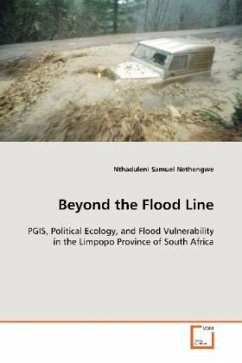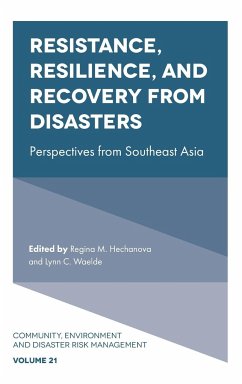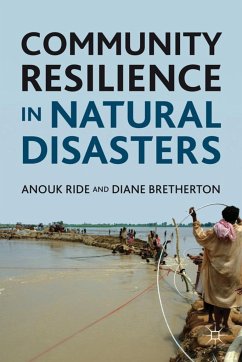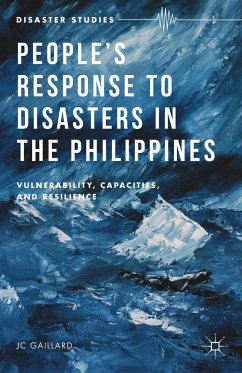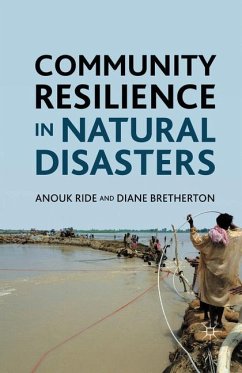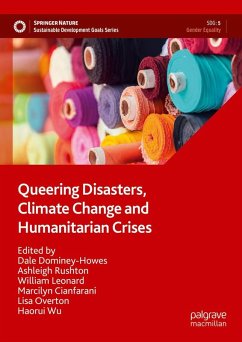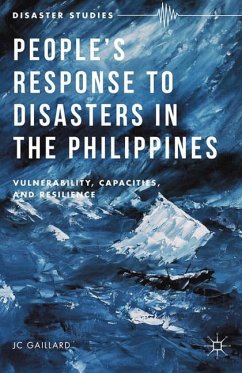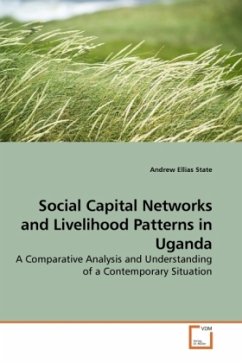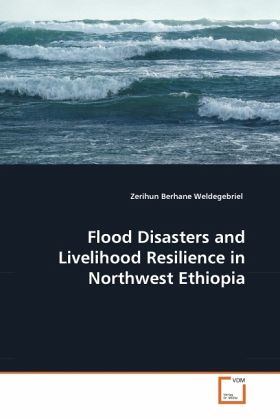
Flood Disasters and Livelihood Resilience in Northwest Ethiopia
Versandkostenfrei!
Versandfertig in 6-10 Tagen
39,99 €
inkl. MwSt.

PAYBACK Punkte
20 °P sammeln!
The recent trend of increasing incidents of floods in Ethiopia is disrupting the livelihoods of a signigicant proportion of the country's population. In view of this fact therefore, this study considers flooding as a major livelihood shock and attempts to assess the resilence of rural households, focusing mainly on factors that shape their resilience. The study was conducted in one district located in Northwest Ethiopia. In assessing factors that determine the reilience of households, the study used the sustainable livelihoods model as conceptual framework and relied on on both quantitative an...
The recent trend of increasing incidents of floods in Ethiopia is disrupting the livelihoods of a signigicant proportion of the country's population. In view of this fact therefore, this study considers flooding as a major livelihood shock and attempts to assess the resilence of rural households, focusing mainly on factors that shape their resilience. The study was conducted in one district located in Northwest Ethiopia. In assessing factors that determine the reilience of households, the study used the sustainable livelihoods model as conceptual framework and relied on on both quantitative and qualitative methods of data gathering and analysis. The findings show that flooding is the main livelihood problem in the study area which has been showing a marked change in terms of frequency and magnitude in recent years. Most of the studied households were also found to be less resilient and more vulnerable to the effects of flooding. Access and use of livelihood resources such as sizeof farmlands, avilibility of farm oxen, credit as well as ability to draw help from social networks were found to be the most crucial determining factors.



